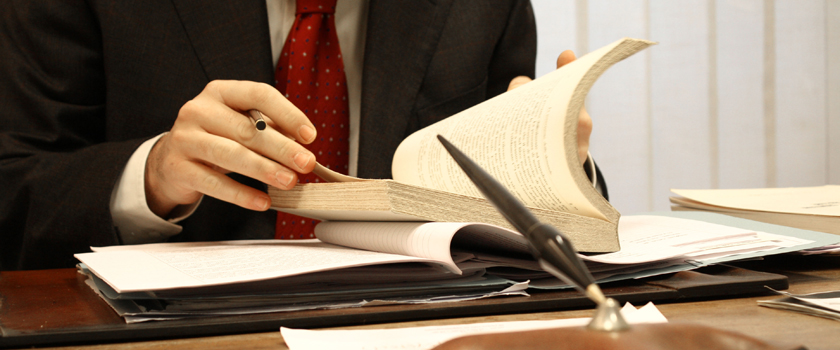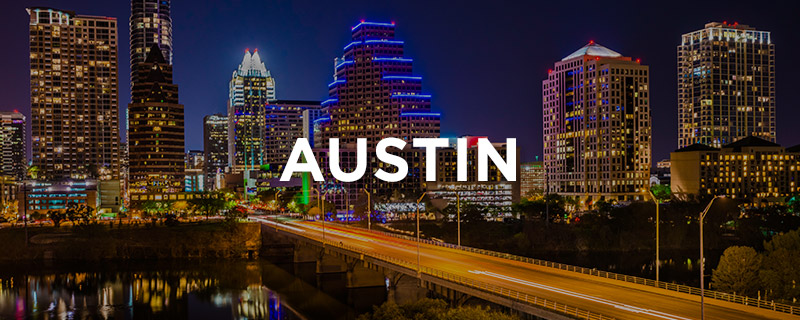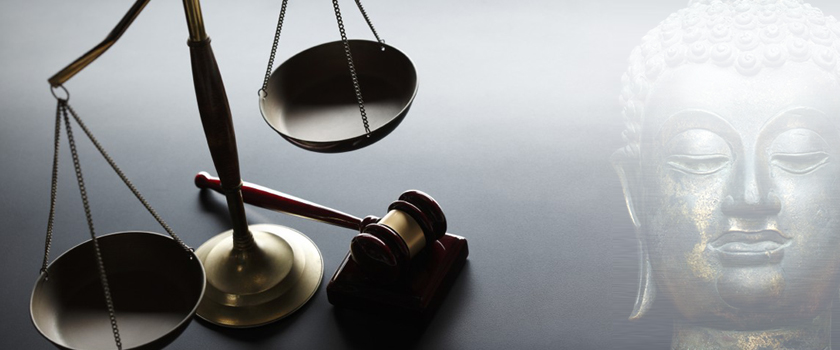2025 Offer Request a Quote Today and Grab a $50 Coupon for Free!
The world is a changing field and global pandemics and diseases have always been a part of human civilization. But rarely does a disease turn into a global pandemic, causing widespread deaths and illness. One such pandemic that hit the world in recent times is Coronavirus. This virus, which emerged in China, quickly engulfed the rest of the world, causing widespread deaths and casualties. This novel coronavirus is termed as SARS-CoV-2 and the disease that it causes is called COVID-19.
Some of the symptoms of COVID-19 are mild, such as flu and cough, but serious symptoms include difficulty in breathing, pneumonia, and respiratory failure. Typically affecting older people and those with weak immune systems, COVID-19 can lead to the death of the individual. The extent of people affected by the virus can be judged by the number of worldwide casualties that stand over 100,000 at the time of writing this article.
As a means to stay safe from COVID-19, it has been advised to use face masks. The question is—how effective are these masks in preventing this disease?
Since the outbreak of coronavirus in China, the demand for masks has gone up tremendously—an item that you used to see on your dentist’s face has now become the most sought-after commodity. This has even resulted in a shortage of these masks, despite repeated claims from health specialists that not everyone needs to wear a mask.
As a means of protection against the coronavirus, masks are being used by people throughout the world. However, before looking into the effectiveness of these face masks, it is important to know the different types of masks that are commonly worn these days.
For protection against COVID-19, there are three types of masks:
These are made from material and clothes found at home, these types of face masks are the least expensive ones and can be made in unlimited supply. Most effective for people who do not have COVID-19 symptoms (such as coughing, sneezing), these facemasks are preferably worn while practicing social distancing and proper hygiene practices. However, these facemasks offer only a minimal degree of protection against viruses and maybe half as effective as N95 respirators and surgical masks.
These masks are loose-fitting and disposable ones that typically cover the nose, mouth, and chin. They usually protect against large particles and droplets such as water and paint, as well as protect the wearer from infectious respiratory secretions of other patients. These masks are often used in surgical procedures and during patient examinations. As a result, these facemasks offer more protection against large airborne particles. However, since these masks have a loose-fitting design, they offer less protection against smaller airborne particles and allows leakages around the edges.
These masks are more tight-fitting masks than the homemade and surgical ones. The ‘N’ in N95 stands for ‘not resistant to oil’ and 95 implies that during testing, this mask was able to block 95% of the most penetrating particles suspended in the air, even small-sized bacteria and viruses.
Although all types of masks discussed above have the potential to block particles suspended in the air, the question of their effectiveness still hangs in balance. It is important to remember that wearing a mask is no iron-clad guarantee that all viruses and bacteria will be blocked. 3M, a mask maker company claims that regardless of how well a respirator or mask seals to the face and no matter how efficient the filter media is, no mask will eliminate exposures entirely.
There are certain factors common for all three types of masks. No matter how much these masks are used, no mask can provide 100% safety and protection against small airborne particles. Masks such as surgical and cloth ones don’t filter out particles as much as N95 respirator does—but even this N95 is not so effective when it comes to providing protection against coronavirus. It is only effective in the cases where the wearer of the mask is wearing it the proper way—which not a lot of people do.
The N95 masks are difficult to put on for people who are not medical professionals. This is because there needs to be a proper seal of the mask with the wearer’s skin for it to be effective at its maximum. A lot of people take the mask off as it gets hot and stuffy, before the mask has any chance to do any good.
Perhaps this is the reason it is recommended not to fully rely on facemasks to protect yourself against coronavirus. Other measures are equally important and the use of face masks will be effective only when these measures are adopted alongside the use of masks. These measures include:
While it is true that coronavirus is the pandemic that has claimed thousands of lives globally and affected millions more, prevention is better than cure. By following basic hygiene and maintaining social distancing practices, one can ensure protection and safety against not only diseases such as coronavirus but also infections and viruses that are detrimental to health. Lastly, it is also important to remember that wearing a facemask is an important preventive measure and wearing it properly can save you from catching the infection.

In this blog, we will discuss 12 different types of translation. Types of translation help us to understand the diversity in
Read more
Mars Translation has a huge team of professional and experienced translators who understand their target language and can deliver the
Read more
San Francisco is a city in Western California. It is famous for its beautiful settings and it is built on
Read more
San Diego is California's second-largest city, and it has a population of 1.3 million from which three million residents are
Read more
Los Angeles is the largest city in California. It is also known by its initials L.A. This city is renowned
Read more
Dallas is the largest state in Texas after Houston and San Antonio. It is the ninth most populous city in
Read more
Austin is the capital city of the US state of Texas. It is the 11th most populous city in the
Read more
Mars Translation provides Thai legal translation services for almost all kinds of legal needs. We have a huge team of
Read more
MarsTranslation provides professional Spanish Website Translation services all over the world. We have hired only the best of the best
Read more

